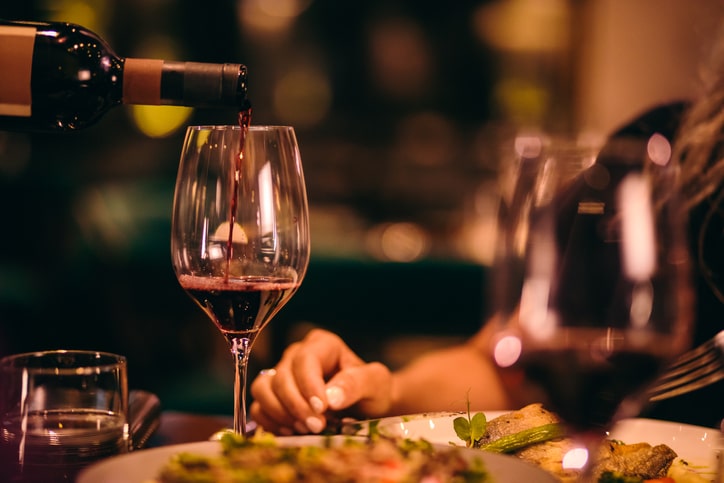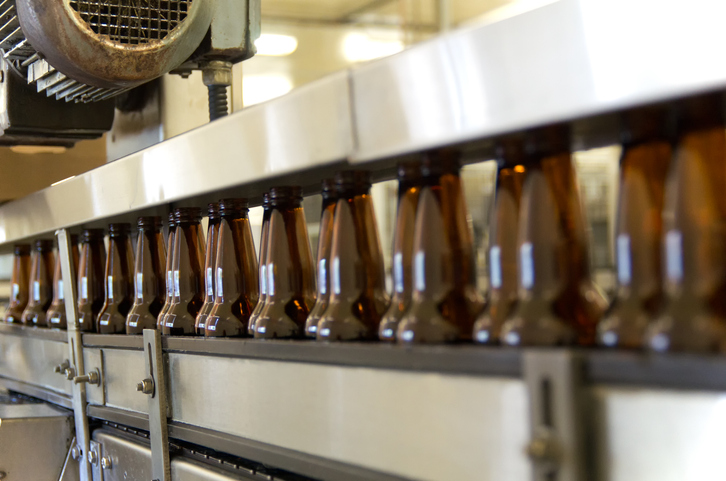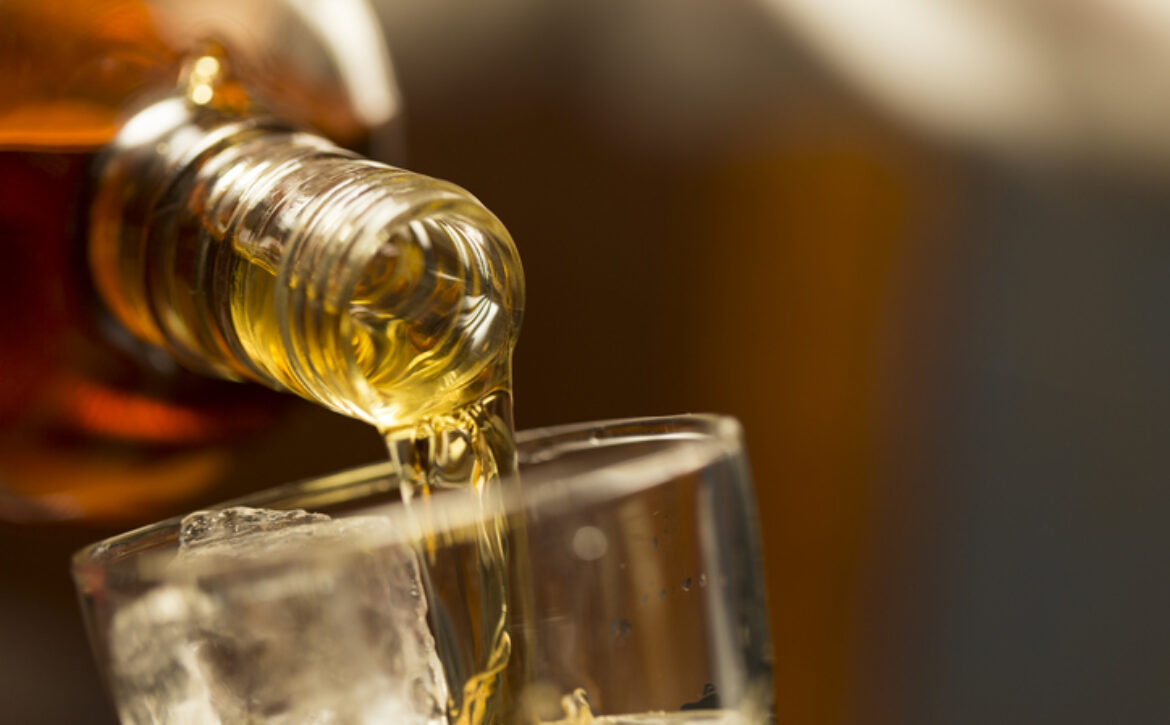Types of Liquor Licenses Explained
Anyone who wants to sell or supply alcohol is required to have a liquor license. This is true for organisations, businesses, and individuals alike. These licenses are mandatory, and they need to be kept in good standing for those who want to continue serving and selling alcohol.
What Is a Liquor License?
Just as you need a license to drive a motor vehicle, you need to have a license if you want to supply alcohol to a business or an individual. All manner of businesses involved in the sale of alcohol will need to have a license. This includes individual agents, restaurants, liquor stores, bars, breweries, etc. The type of license that you will need will differ, though. Let’s look at what types of liquor licenses exist today and learn a bit more about each of them.
What Types of Liquor Licenses Exist?
Below are six types of liquor licenses, and each applies to different situations.
Agent
An agent license is used by those who are going to be promoting and marketing liquor products that are produced by manufacturers outside of Canada. Interestingly, you will need to have two types of licenses if you want to be an authorized agent. These include the Agent License from the Liquor and Cannabis Regulation Branch, as well as an Import Agent License from the Liquor Distribution Branch.
The agent’s license will let you promote, market, and take wholesale orders for products. You can request and receive orders only from certain licensees. These include those who have a liquor primary license, a food primary license, licensee retail stores, and rural licensee stores, wine stores, and government liquor stores.
You are not allowed to sell directly to the public, and you can only import liquor products through the Liquor Distribution Branch.
Food Primary/Class A

This license is for businesses that have food as their primary source of business. There are a couple of types of licenses that fall under this category—those that allow minors into the establishment, such as a family restaurant that also sells alcohol, and those where liquor is the main source of business and food is secondary.
For a minors-allowed license, the food service must be available during all hours of liquor service. For the minors-prohibited license, the food service must be a minimum of snack food, such as nuts. Food service is not required after 11 p.m. There are also options for a manufacturer’s taproom license and a manufacturer’s lounge license.
Liquor Primary/Class B
Class B licenses are for the sale and consumption of alcohol in areas where people have to pay to enter. This would include things such as a stadium, a tourist location, or a convention center, for example. It can also be used by businesses that provide goods and services to the public where selling alcohol or food is not the primary purpose of their business.
Liquor Manufacturing/Class E

This is a license used for manufacturing. The Class E license can be used by a vintner, brewer, or distiller, for example. These are areas where the alcohol is manufactured and packaged. To qualify for the license, you will need to have a permanent facility. What types of liquor licenses exist beyond just for the manufacturer? You will find these can include estate manufacturers, as well as blending and packaging companies.
Liquor Retail Store/Class D
The Class D license is needed by any store that sells alcohol that is meant to be consumed off the premises. Retail liquor stores are the primary types of businesses that would need this license. The same is true of grocery stores. This could also include a facility that makes and sells alcohol to the public or special event liquor licensees. Delivery service companies, commercial caterers, and even church supply businesses that sell sacramental wine will need this type of license.
Tied House
A tied house liquor license is becoming more popular because there are more and more wineries, distilleries, and breweries that are offering places on-site where people can buy and sample the company’s wares. With a tied house license, the holder is not required to sell a variety of brands. They can simply sell and serve what they make.
As you can see, there are many types of liquor licenses. Which one of these applies to your business?

